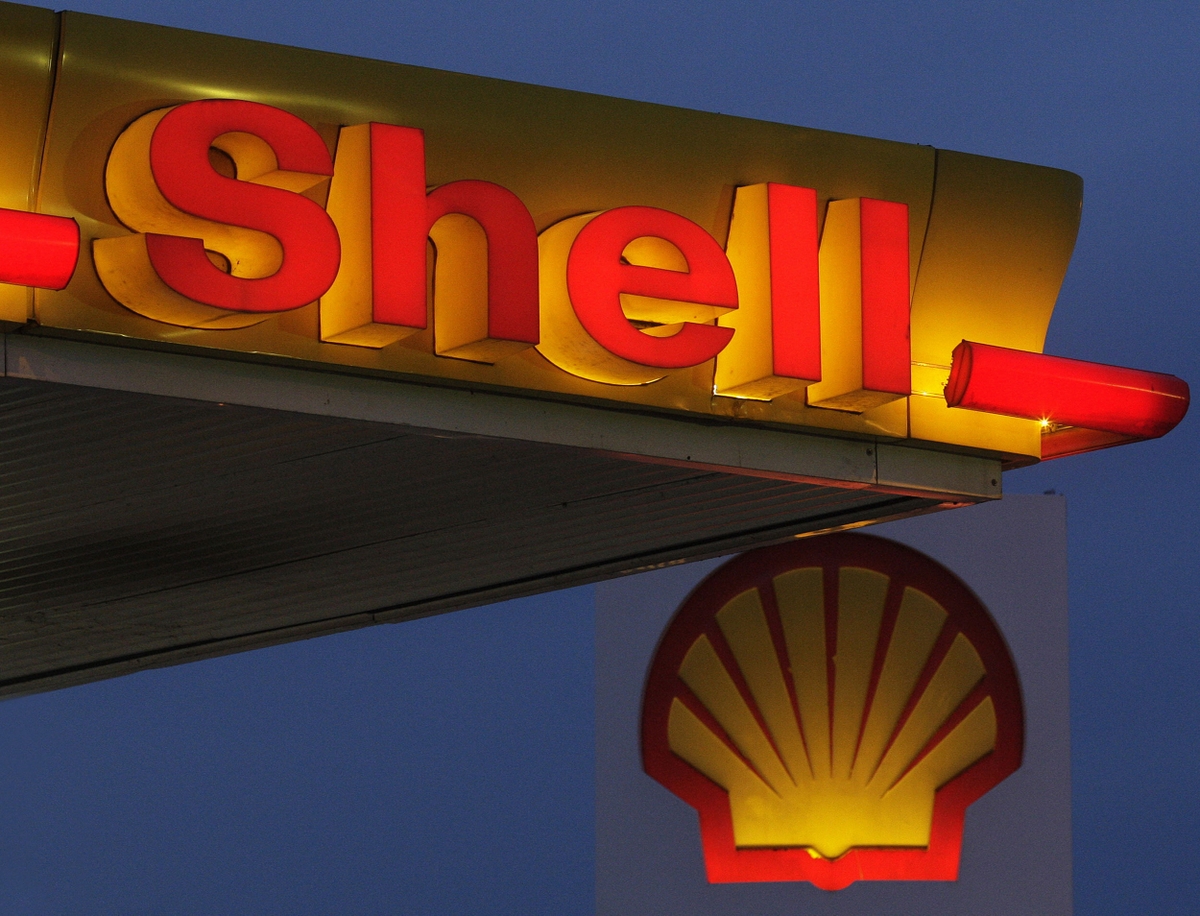By Reem Abdellatif
CAIRO: The region’s high-potential but underutilized agribusiness sector is about to get a boost, with a close eye on promoting private sector investment.
The European Bank for Reconstruction and Development (EBRD) and the United Nations’ Food and Agriculture Organization (FAO) signed Wednesday an agreement worth $2.2 million, with the aim of promoting agribusiness private sector investment in the southern and eastern Mediterranean region (SEMED).
The EBRD will put forth $1.5 million by the Bank’s SEMED multi-donor account and FAO will provide the remainder of the funding in order to help expand private sector financial support in agriculture, according to a statement by EBRD.
“FAO welcomes the expansion of its cooperation with the EBRD to promote private sector investment. Most of the investments needed to tackle food insecurity around the world will come from the private sector, in cooperation with governments and civil society,” said Laurent Thomas, FAO assistant director-general.
Signed in Rome, the deal will focus on improving rural infrastructure, developing local skills through adequate training and increasing food safety standards, according to a statement by EBRD.
Contributing to the development of economic policies and legal frameworks in order to create an attractive investment climate, the projects will foster private sector involvement in agribusiness.
“What we are doing today is technical assistance, we haven’t started the actual projects yet as that will take some time,” said Gilles Mettetal, director and specialist in the agribusiness department at EBRD.
Mettetal pointed out that Egypt, which has vast potential when it comes to agribusiness, is one of the main areas of focus for these upcoming projects.
Although the current economic slump, which hit Egypt after the Jan. 25 uprising, brought foreign investments in the country to a near halt, Mettetal said that investors are now looking for partners to take risks with.
This is where EBRD comes in.
The working partnership between EBRD and FAO aims to do this through a series of new technical assistance projects, Mettetal told Daily News Egypt.
“We are quiet surprised today to see how little foreign investment there is in the sector in Egypt. Many international agricultural companies have expressed the interest to invest, but they are looking for someone who can share the risk with them, and this is what we are all about,” he said.
Since the state cannot provide the optimum amount of funding needed for high-quality agriculture, the EBRD hopes that governments in the region can ratify the kind of economic policies needed to encourage new investments.
According to Mettetal, governments in the region have sometimes reacted to the food crisis through short-term policies that actually discourage private investment in agriculture.
However, EBRD and FAO can help these countries respond in a way that “better balances the interests of consumers and producers,” he added.
“We have been asked to support these new democratic systems, happening in Egypt today, Jordan, Tunisia, or Morocco,” said Mettetal. “We are starting to work in these countries now in that regard.”
Taking into consideration the recent transformations, which are underway in the SEMED region, EBRD said it plans to boost economic growth in these fledgling democracies by promoting cooperation between government institutions and private businesses.
“We have seen that food security issues are extremely important in the region, which is a net importer of foodstuffs,” Heike Harmgart, senior economist at EBRD, said in the statement.
“As we know, there can be no food security without agriculture, but private agricultural investment requires policies and regulatory frameworks that are stable and investment-friendly,” he added.
Egypt, which is already involved in producing various agricultural products that are exported across Europe, will also be able to focus on its local supplies that have sometimes lacked quality.
According to Mettetal, the kind of technical assistance the EBRD and FAO will bring to Egypt would “create better, new” standards of quality, which would foster competition and encourage local producers to improve their quality for local as well as exported goods.
“It is important to export, but we also believe that it is important to look at the value of the entire production chain and we have clients that are interested in working with the local suppliers,” he said.
Mettetal added that the EBRD and FAO already decided to develop strong relationships with companies based in Egypt, whether local or foreign.
“What is important is to have a demonstration effect, hopefully by demonstrating a good quality of business, we can help create new businesses in the region,” said Mettetal.
Since the FAO and EBRD’s partnership in 1994, the two institutions have implemented more than 80 technical assistance projects with a value of about $9.4 million.
The EBRD has directly dedicated more than €7 billion in over 450 different agribusiness projects since the beginning of its activity in 1991 across central and Eastern Europe as well as the commonwealth of Independent States.


